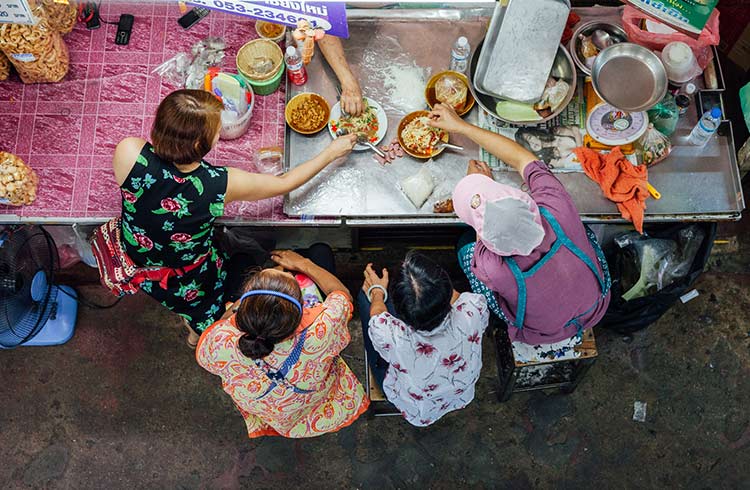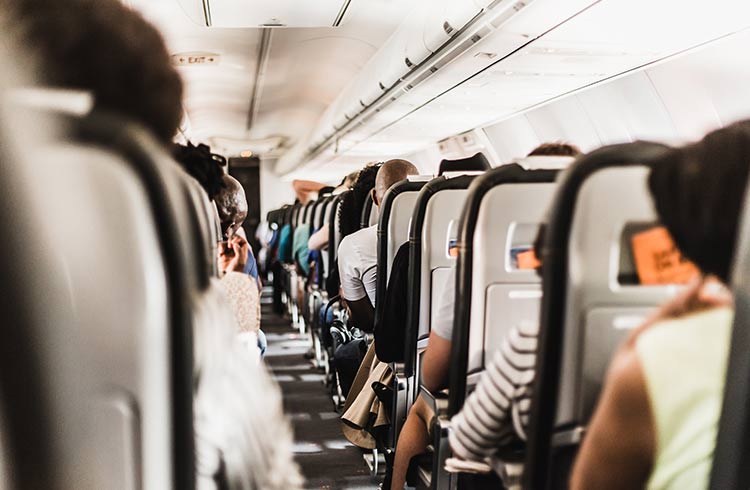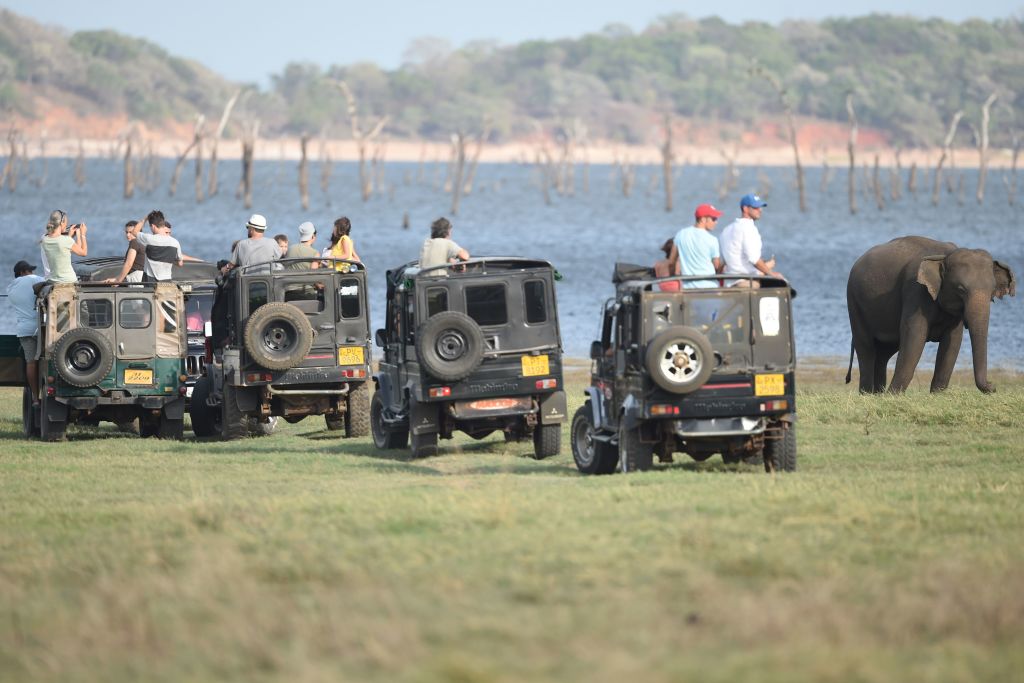8 Tips for Staying Healthy While Traveling
Find out how to stay healthy, from water hygiene to sun safety and mosquito prevention, this is what you need to know about travel health.
 Photo © Getty Images/Elena Aleksandrovna Ermakova
Photo © Getty Images/Elena Aleksandrovna Ermakova
If you are traveling overseas soon and are worried about the coronavirus outbreak, stay up to date with local news and media, and always follow the advice of local authorities or your government.
Make yourself aware of the countries where coronavirus is rapidly spreading. Wash your hands consistently, maintain at least 3ft (1m) distance between yourself and anyone who is coughing or sneezing, and if you have a fever, cough and difficulty breathing, seek medical care early (call before visiting your doctor).
Think about how miserable and vulnerable you feel when you're sick at home. Now multiply that misery by 10 when you're in a country where medical standards are questionable, you don't speak the language, and you're not sure what illness you've got.
We asked our travel experts for their top tips on how to stay healthy while traveling, no matter where you might be.
- Make sure the local water is safe to drink
- Check that your food is cooked through
- Beware of mosquitoes
- Be sun smart
- Keep your hands clean
- No glove, no love
- Always have a first aid kit with you
- Seek medical attention if you think something is wrong
1. Make sure the local water is safe to drink
In most developing countries, tap water is not safe to drink. Drink sterilized water, and carry enough with you during the day to prevent dehydration. For extra caution, use purified water to brush your teeth. When you're at a bar or restaurant, always ask for drinks without ice.
Before you go, search on Google to see if the destination you're visiting has safe tap water. If you're unsure, ask locals when you arrive.
2. Check that your food is cooked through
Always be wary of dishes that include uncooked produce – salads, fresh fruit or vegetables. Fruits that can be peeled (bananas, mangoes) are generally safe to eat. Beware of frozen foods that may have been thawed and re-frozen, and of undercooked meat, fish or poultry.
When eating at food stalls, use your best judgment: if the food preparation area looks dodgy, don't even consider eating it. If you're unfortunate enough to get diarrhea, the basic rule is to stop eating and stay hydrated until it has passed.
3. Beware of mosquitoes
Mosquito bites are the cause of most tropical diseases, so dress to avoid getting bitten – wear long pants and long sleeves, especially at dusk. Use mosquito repellent on any exposed skin, and sleep under a mosquito net if one is provided (or travel with your own if you are camping or staying in remote areas).
4. Be sun smart
Beware of strong (or even not so strong) sun, especially if you are not used to it – you can burn or get heatstroke before you know it. Carry a hat and sunscreen in your daypack and remember to reapply the lotion after you have been swimming. Also, drink plenty of fluids to avoid dehydration in hot climates.
5. Keep your hands clean
Wash your hands frequently, apply hand sanitizer after touching surfaces in public places, and carry a good supply of hand wipes when you are traveling. These three tips can effectively limit contamination.
Try to avoid touching your mouth or face while you're in public.
6. No glove, no love
If romance happens along the way, practice safe sex. HIV/AIDs is widespread in many countries. That means using a condom – and it's best to bring one from home, so you know it's safe.
7. Always have a first aid kit with you
Prepare a robust first-aid kit, and remember to take it with you when you leave the hostel with your daypack. Your first aid kit won't help if you're in a remote location and your bandages and anti-septic cream is safely packed in your luggage.
8. Seek medical attention if you think something is wrong
If you have to seek medical attention, make sure any needles or syringes are sterile and check any medications prescribed – examine any seals, read the contra-indications and beware of any likely side effects, particularly if you have any allergies.
While we offer tips for travel health and safety, you need to make decisions based on your own circumstances and the local laws of the countries you are visiting.
Check with your Government's travel advisory and the World Health Organization for the most up to date information.
Related articles
Simple and flexible travel insurance
You can buy at home or while traveling, and claim online from anywhere in the world. With 150+ adventure activities covered and 24/7 emergency assistance.
Get a quote


No Comments